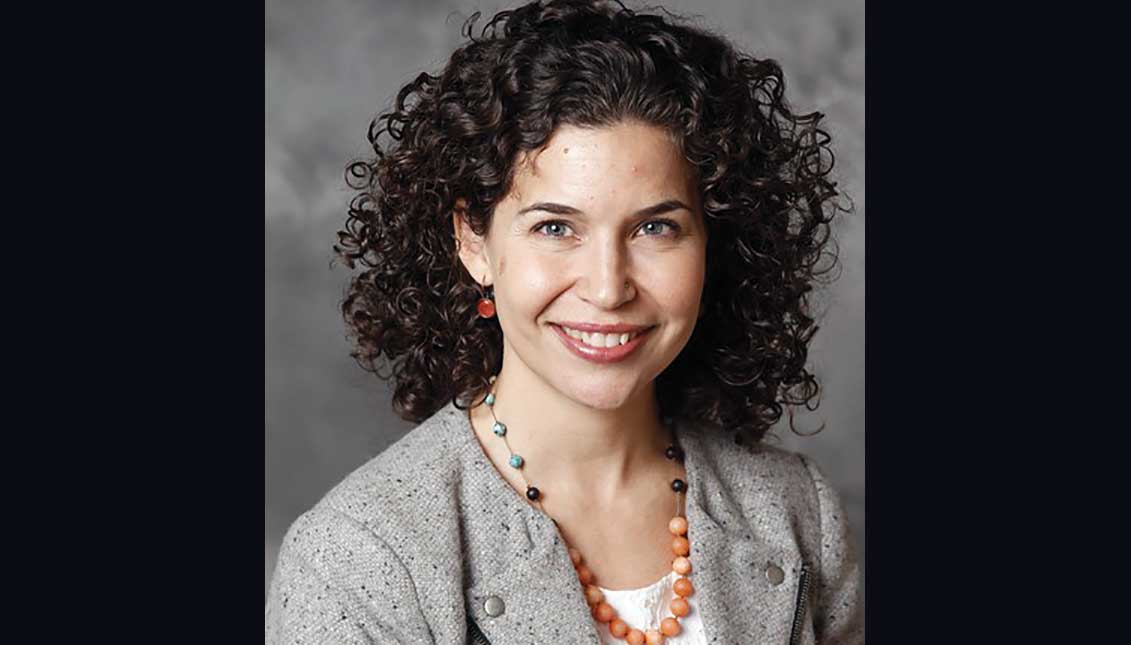
Latina leader named head of JPMorgan Chase Foundation
Janis Bowdler intends to incorporate her Hispanic perspective and knowledge of economic outcomes to revitalize low-income, inner-city neighborhoods.
As a self-identified “mixed girl” growing up in Northeast Ohio, Janis Bowdler wished for a long, blonde ponytail.
Bowdler, appointed in April as the president of JPMorgan Chase Foundation, remembers her difficulty finding Latina role models in her predominantly white community when she was younger. She also remembers the elation she felt upon learning some of her new Latina coworkers when she began working at the National Council of La Raza (NCLR) in Washington, D.C. went to the same place as her to have their curly, dark hair cut, an attribute which Bowdler inherited from her Mexican father.
“I felt like the ugly duckling who came home,” Bowdler recalled. “That was incredible.”
Based on her own experiences, Bowdler shaped her career around the “fundamentally unfair” concept of geography of opportunity: that quality housing, education and financial circumstances differ based on zip code and relate directly to life outcome. In her neighborhood, the difference of a couple blocks determined permanent economic status, which motivated Bowdler to begin her career in philanthropy and advocacy with community development projects on the east side of Cleveland, an hour from her hometown.
Bowdler said she’s cautious talking about her personal story as a “beat the odds story.” Instead of simply praising those able to rise above inequality of opportunity, she believes the system itself goes against American values and needs to change, and she’s devoted her professional career to fostering this change.
Prior to joining JP Morgan Chase Foundation, Bowlder worked for the largest Latino civil rights organization in the country for 10 years as NCLR’s Economic Policy Director, focusing on Hispanic families and their efforts to build long-term assets, credit and financial security. With the organization, now called UnidosUS, Bowdler addressed the barriers that first and second-generation Hispanic immigrants face regarding economic stability. Families with established roots in the U.S. often inherit the property, businesses or investments of their predecessors, but immigrants are the first in their family’s history to acquire wealth in the nation, and face language challenges along the way.
“If you’re the first in your family to go to college, if you’re the first in your family to buy a house, you’re probably not getting a lot of help from your parents to cover those expenses. ...you’re starting out with that disadvantage,” Bowdler said. “We have to focus on the community owning homes, retirement accounts, businesses, because that’s then the wealth that they’re going to pass to their children and that’s how we’ll see lasting change.”
RELATED CONTENT
Bowdler said JPMorgan Chase Foundation, the philanthropic arm of JPMorgan Chase & Co. with a mission to help close the income opportunity gap in the world’s cities, is working to provide recent immigrants with the services they need to become established. She joined the foundation in 2013, continuing her work to create financially stable communities in cities suffering from a lack of economic growth. One of her first initiatives, Partnerships for Raising Opportunity in Neighborhoods (PRO Neighborhoods), is a $125 million, five-year program to combat inequality of opportunity in lower-income areas of cities such as Detroit, Chicago, Washington, D.C. and Philadelphia, where Bowdler reported the foundation will soon have a presence.
Bowdler explained three essential pieces of the program’s framework; it includes “placement strategies” to improve housing situations and “people strategies” to improve individuals’ financial health, assisting community members in opening businesses while also creating assets and jobs. It also implements “workforce strategies” to prepare individuals for jobs in the future.
“In a city, you need all of those things to come together in order to really move the needle overall for the community,” Bowdler said. “We’re trying to get all these systems to work together, so as an ecosystem they’re more sustainable and producing ongoing results.”
JPMorgan Chase Foundation also aims to ensure it is funding community nonprofits that have the potential to be lasting, reliable lending organizations and have the resources to continue once they are no longer receiving grants. Bowdler said the foundation analyzes nonprofits based on their capacity to put more funding into neighborhoods and invests in those able to tackle more complex issues like gentrification. With Hispanic communities in mind, Bowdler recognizes the importance of making leadership positions at influential organizations inclusive and attainable.
She now considers herself a Latina role model and has spoken at National Hispanic Caucus Institute events to young Latinas, and emphasizes their need to see mentors who look like them.
“[Representation] matters because we bring our full-lived experience into these roles,” Bowdler said. “I can bring my history, my community, my culture, and my perspective to the work that we do strategically every day as a foundation.”



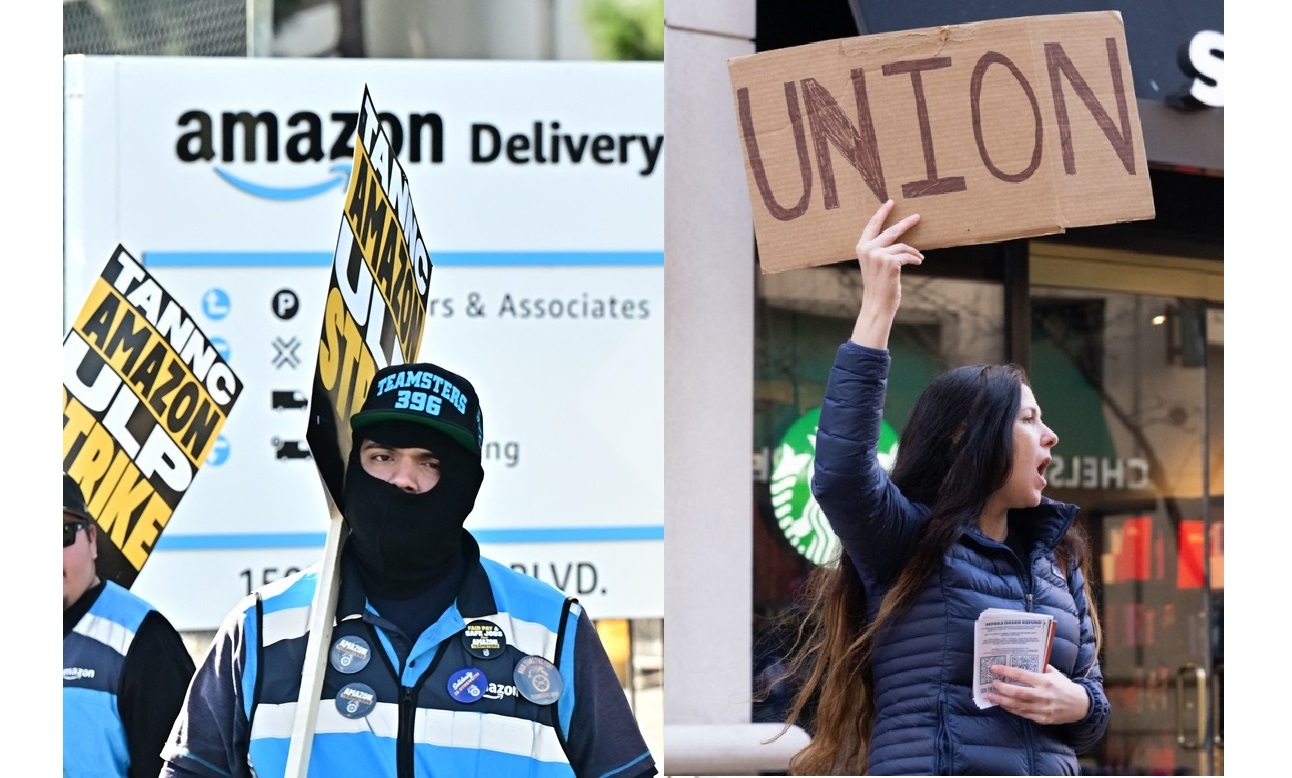
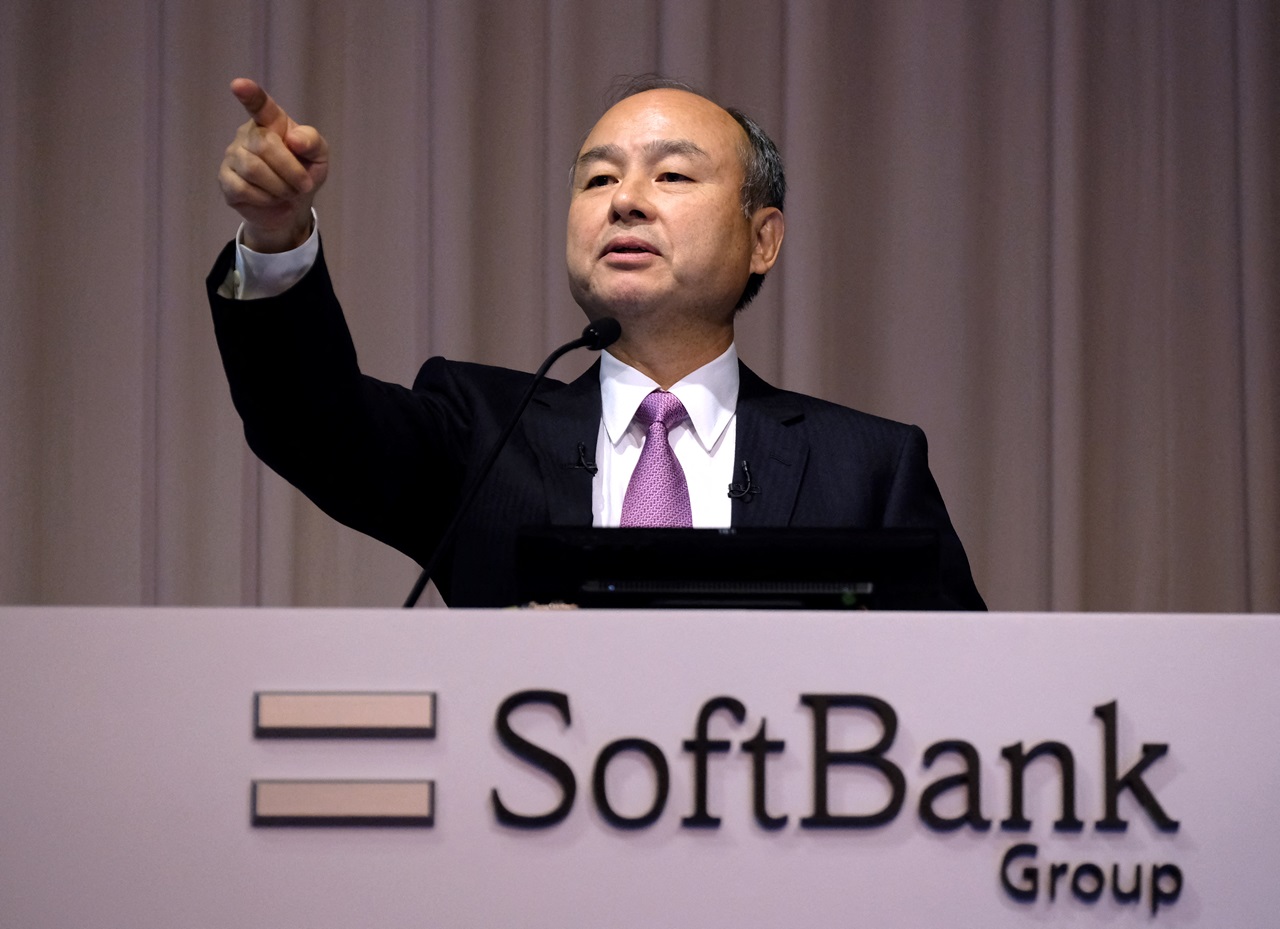

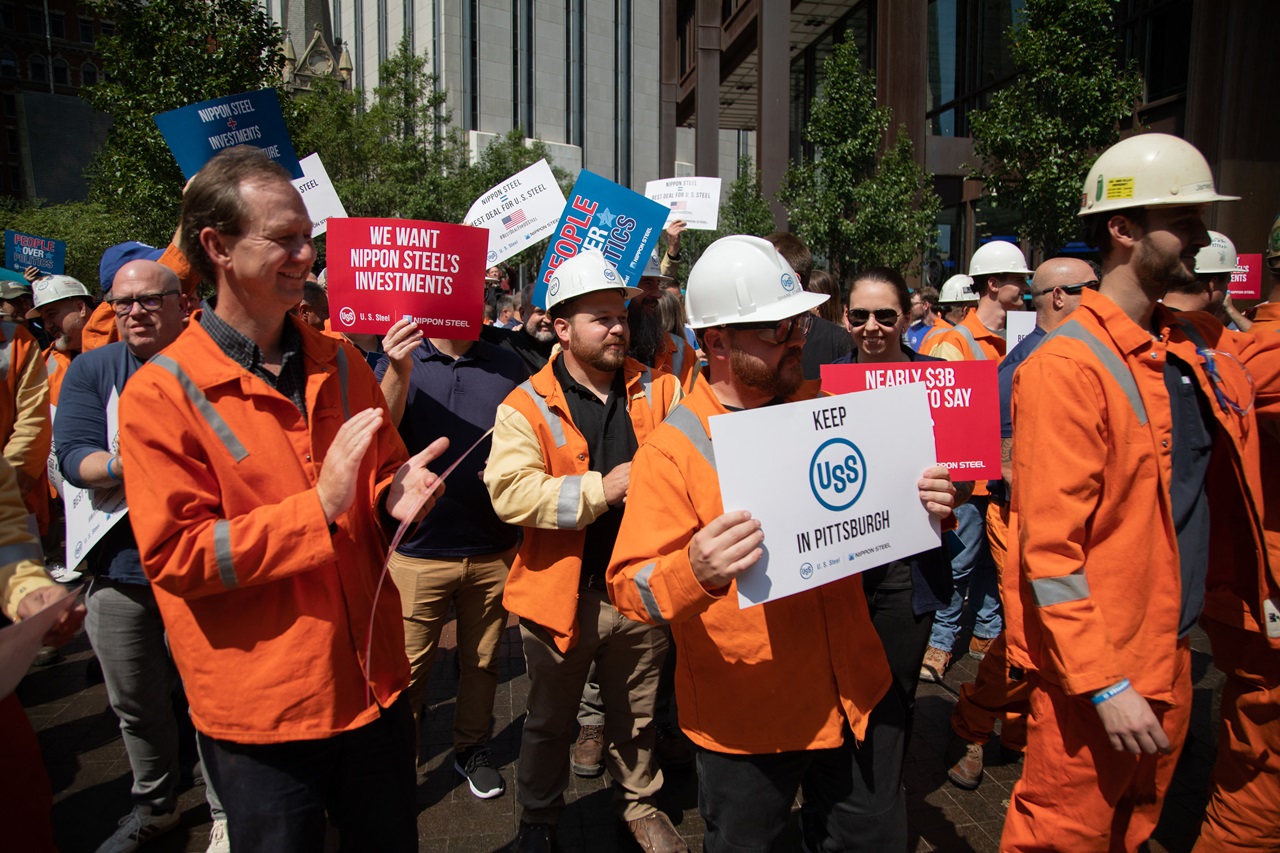
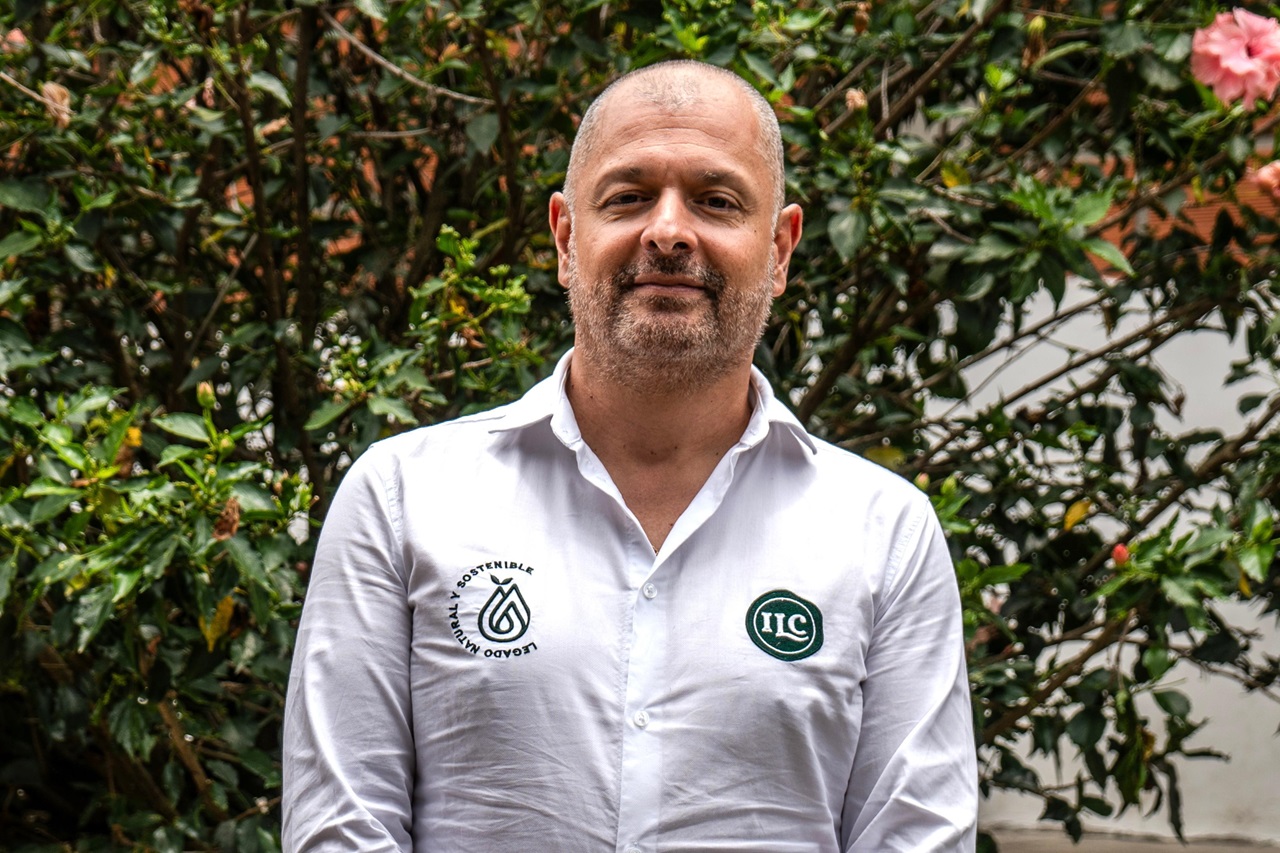
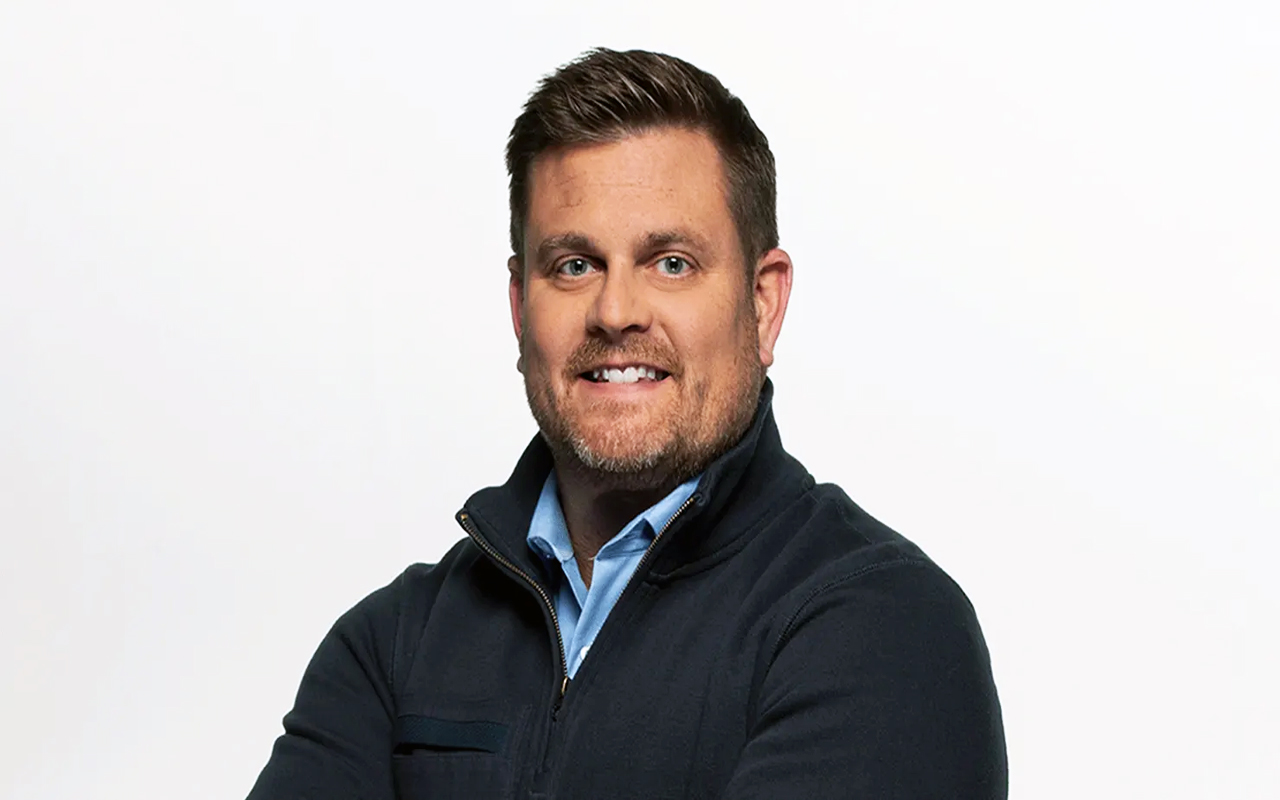

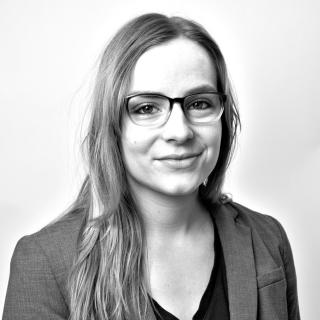
LEAVE A COMMENT:
Join the discussion! Leave a comment.